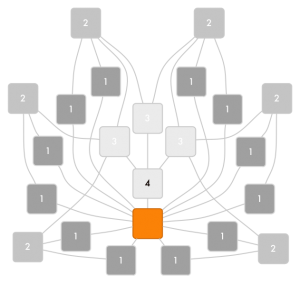I’m interested in the potential of Bots, specifically Twitter bots, to mobilise cultural collections by moving them into spaces where people already are. My first bot, @TroveNewsBot not only tweets random newspaper articles from Trove, it responds to other users, and interacts with the current news headlines. You can read more here and here.
In recent months @TroveNewsBot has been joined by a number of other collection bots, most tweeting random items. Steve Lubar has argued that these random selections help expose the constructed nature of collections:
The museumbot calls attention to the necessity of making choices. The vast difference between its random choice and what I see in the museum points out that the choices have been made.
But can bots do more? Mark Sample, digital humanist and bot maker extraordinaire, recently wrote an essay that explored the possibilities of protest bots or ‘bots of conviction’:
protest bots take a stand. Society being what it is, this stance will likely be unpopular, perhaps even unnerving. Just as the most affecting protest songs made their audiences feel uncomfortable, bots of conviction challenge us to consider our own complicity in the wrongs of the world
My one venture in the to realm of protest bots is the rather tame @OperationBot (and its companion webapp). But I’d like to do more.
At THATCamp I’d like to discuss the possibilities of bots, and to think about ways we might respond to Mark Sample’s call for bots of conviction.




